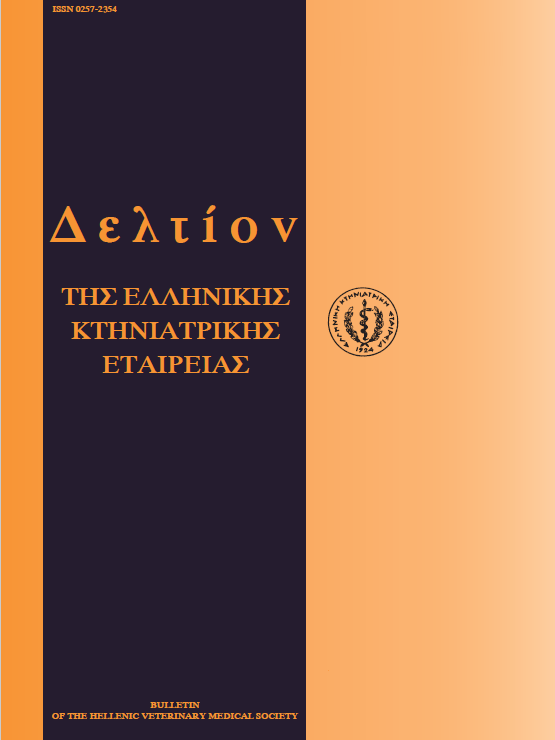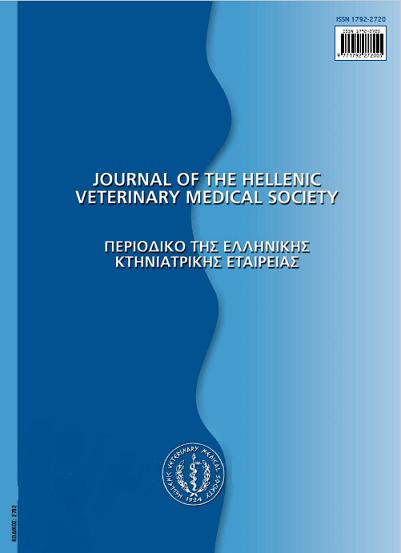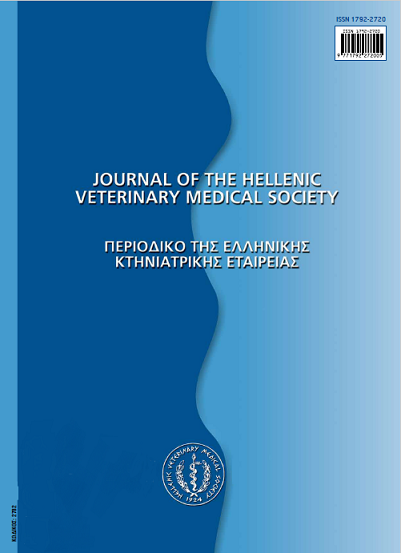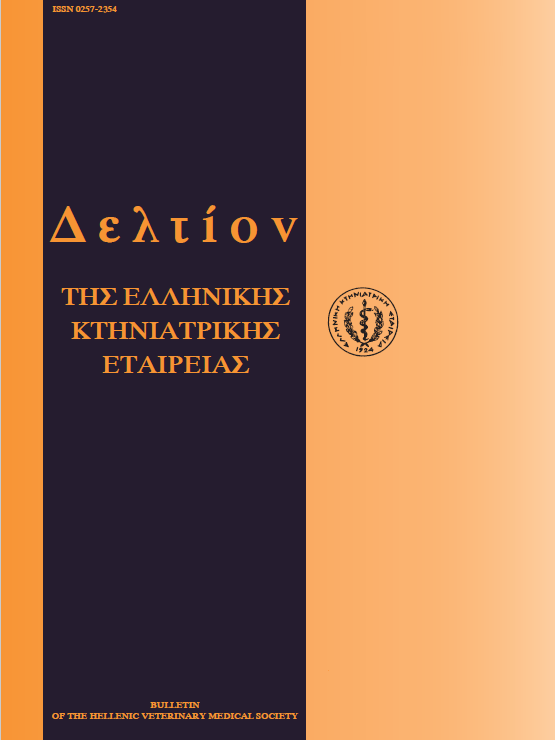Alternative methods of replacement of laboratory animals in biomedical research
Abstract
Society's sensitivity on the use of laboratory animals, the need for the improvement of the scientific value of the results and the high costs urged the biomedical community to look for alternative methodologies which could replace or reduce the number of animals being used or refine the existing experimental techniques. Replacement alternatives can be classified, according to the applied methology, in in vitro and immunological techniques and in methods which use «lower» organisms or vertebrates at early developmental stages, mathematical or computer models, human studies or data banks. Using replacement alternatives may raise a lot of problems such as the quality of results. Validation of these methods is a complicated and time consuming process with high but fair hurdles which aim at human safety.
Article Details
- Come citare
-
KOSTOMITSOPOULOS (Ν.Γ. ΚΩΣΤΟΜΗΤΣΟΠΟΥΛΟΣ) N. G. (2018). Alternative methods of replacement of laboratory animals in biomedical research. Journal of the Hellenic Veterinary Medical Society, 50(3), 212–217. https://doi.org/10.12681/jhvms.15712
- Fascicolo
- V. 50 N. 3 (1999)
- Sezione
- Special Article

Questo lavoro è fornito con la licenza Creative Commons Attribuzione - Non commerciale 4.0 Internazionale.
Authors who publish with this journal agree to the following terms:
· Authors retain copyright and grant the journal right of first publication with the work simultaneously licensed under a Creative Commons Attribution Non-Commercial License that allows others to share the work with an acknowledgement of the work's authorship and initial publication in this journal.
· Authors are able to enter into separate, additional contractual arrangements for the non-exclusive distribution of the journal's published version of the work (e.g. post it to an institutional repository or publish it in a book), with an acknowledgement of its initial publication in this journal.
· Authors are permitted and encouraged to post their work online (preferably in institutional repositories or on their website) prior to and during the submission process, as it can lead to productive exchanges, as well as earlier and greater citation of published work.






